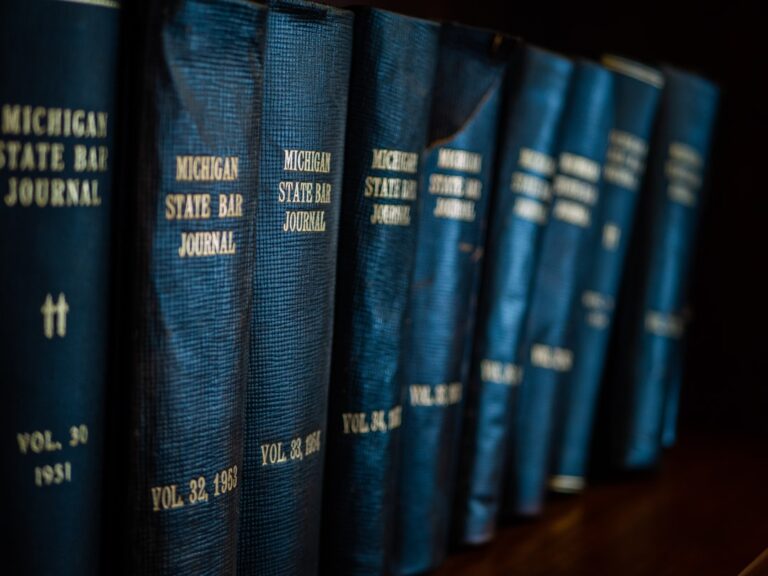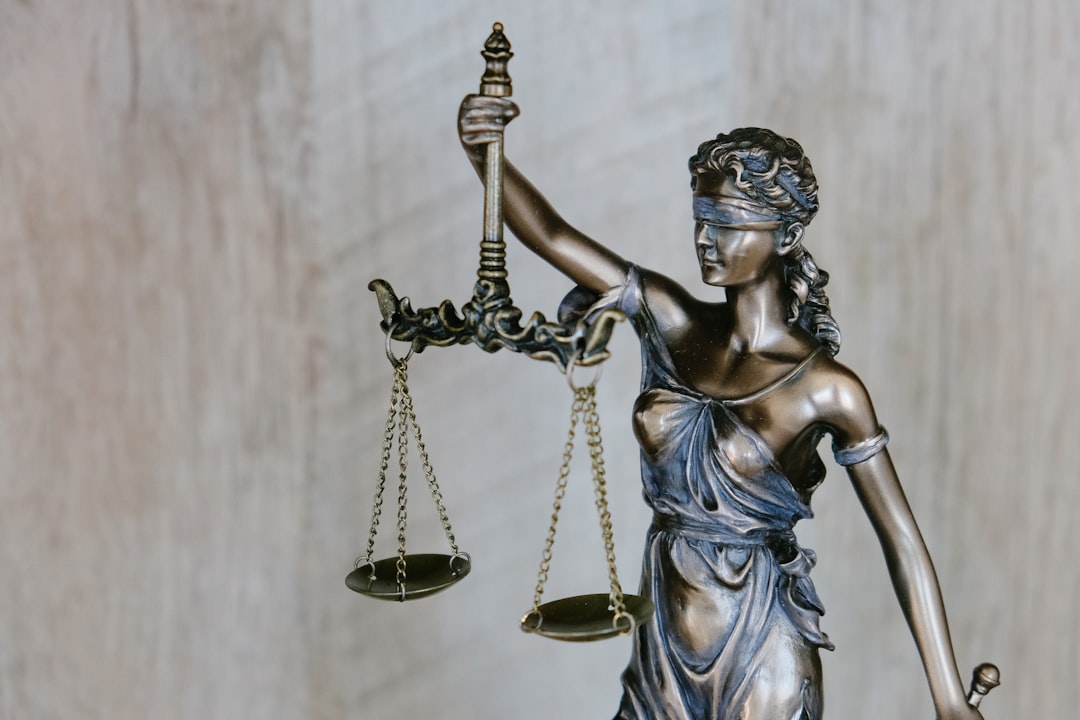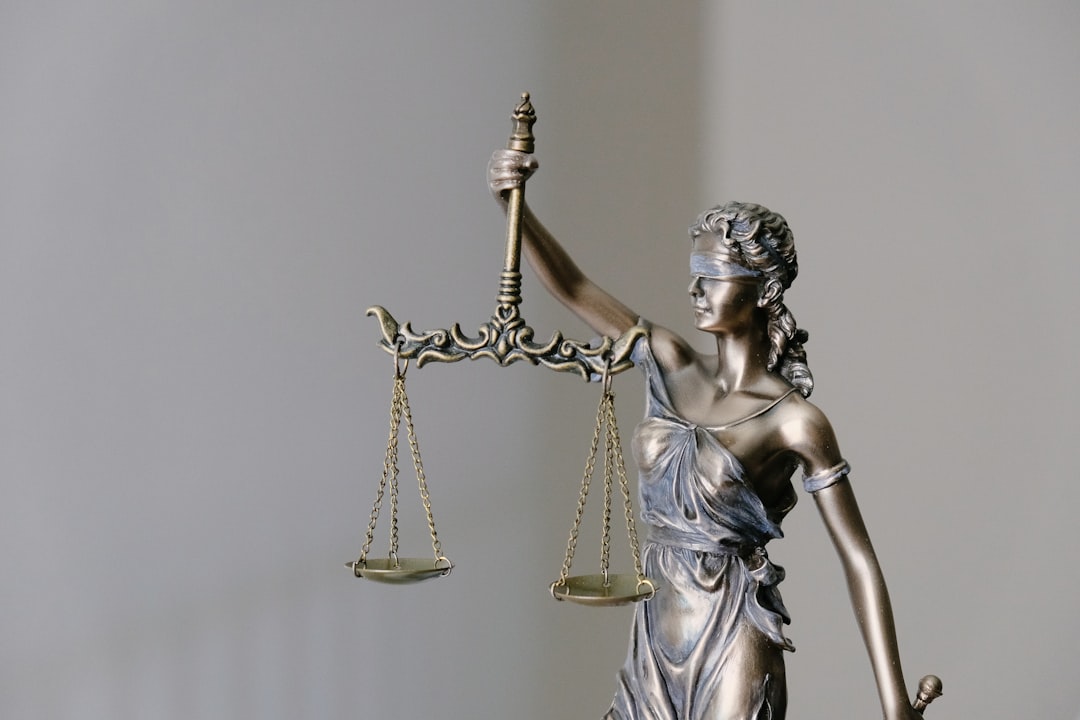In Georgia, school abuse law firms highlight negligence as a core factor in sexual abuse cases involving institutions like schools. To prove negligence, victims must establish a duty of care, breach thereof, and resulting damages. Proactive measures by institutions, such as staff training, can mitigate risks. A dedicated Georgia school abuse law firm advocates for victim rights, addressing negligence, policy failures, and institutional liability to ensure justice and safer environments.
In Valdosta, Georgia, understanding negligence in sexual abuse cases is crucial for justice and accountability. This article delves into the complex dynamics surrounding such incidents, particularly within educational institutions. We explore the legal definition and essential elements of negligence, shedding light on how it can be established in court. Additionally, we highlight the pivotal role of a dedicated school abuse law firm Georgia in navigating these sensitive cases and advocating for victims’ rights.
Understanding Negligence in Sexual Abuse Cases

In sexual abuse cases, negligence plays a crucial role in determining liability. Understanding negligence involves recognizing a legal duty to care, a breach of that duty, and resulting damages. A school abuse law firm in Georgia highlights that institutions, such as schools or organizations, have a responsibility to protect individuals under their care, especially children. Negligence occurs when these entities fail to meet the expected standard of care, leading to harm or abuse.
When assessing negligence in sexual abuse cases, several factors come into play. These include the institution’s policies and procedures for handling reports of abuse, the response time to such reports, and whether there was a failure to conduct proper background checks or monitor individuals who may pose a risk. A Georgia school abuse law firm emphasizes that proactive measures, like training staff on recognizing signs of abuse and implementing robust safety protocols, can significantly reduce negligence risks.
Legal Definition and Elements of Negligence

In the context of sexual abuse cases, negligence is a legal concept that holds individuals or institutions accountable for their failure to exercise reasonable care, leading to harm or injuries. The legal definition of negligence in Georgia, particularly regarding school abuse, involves several key elements. First and foremost, it requires proving that a duty of care existed between the defendant and the victim. This duty could be imposed by law, such as the relationship between a teacher and student at a local Georgia school abuse law firm. Second, it necessitates demonstrating that the defendant breached this duty by acting or failing to act in a manner that deviated from the standard of reasonable care. This deviation must be shown to have directly caused injuries or damages to the victim.
The elements of negligence are crucial for victims seeking justice through a school abuse law firm in Georgia. They must establish that there was a foreseeable risk of harm, that the defendant had actual or constructive knowledge of this risk, and that their actions (or inactions) contributed to the eventual injury. These principles form the foundation for holding parties accountable when negligence results in sexual abuse or exploitation, especially within educational institutions.
The Role of School Abuse Law Firm Georgia

In cases of sexual abuse, especially within the sensitive environment of schools, a dedicated school abuse law firm Georgia plays a pivotal role in advocating for victims’ rights and ensuring justice. These legal professionals are well-versed in navigating the complex landscape of educational institutions and possess expertise in understanding the unique challenges faced by survivors of school-related abuse.
A school abuse law firm Georgia offers specialized support by providing comprehensive legal services tailored to address issues related to negligence, policy failures, and institutional liability. They work tirelessly to hold accountable those responsible for creating or enabling unsafe environments, aiming to prevent future incidents and provide closure to affected individuals. Their expertise lies in interpreting laws and regulations pertaining to student safety, thereby offering a crucial resource for both victims seeking redress and educational institutions striving to uphold higher standards of protection.






